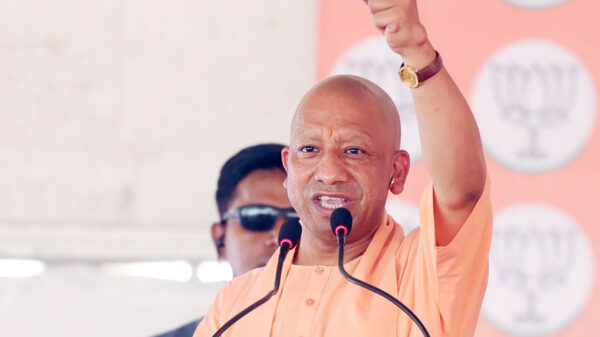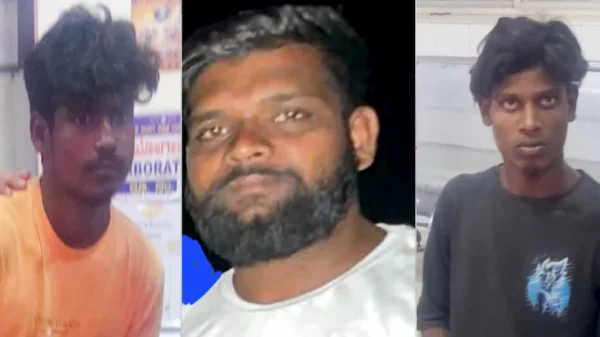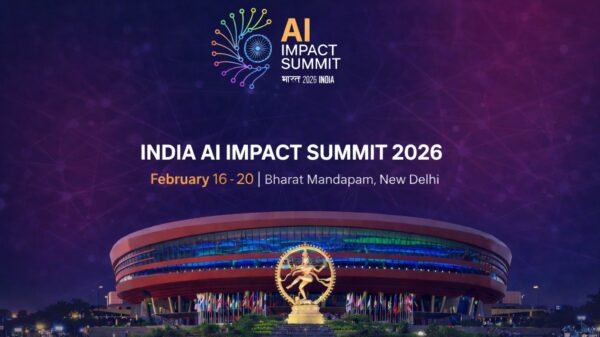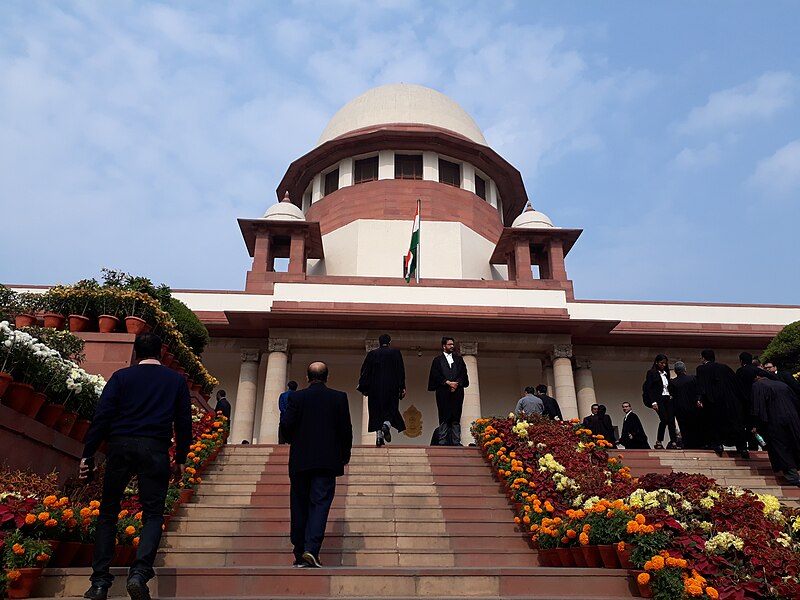Attorney General R Venkataramani of India has said that the controversial electoral bond scheme, designed to facilitate political party funding, promotes clean money and does not violate citizens’ right to information under Article 19(1)(a) of the Constitution.
In a statement filed before the Supreme Court, Venkataramani argued that the scheme’s confidentiality benefits the contributors, ensures tax compliance, and aligns with democratic principles.
“The scheme in question extends the benefit of confidentiality to the contributor. It ensures and promotes clean money being contributed. It ensures abiding by tax obligations. Thus, it does not fall foul of any existing right,” stated Attorney General Venkataramani.
He further said that the power of judicial review should not be used to suggest alternative policies and should only be invoked if state action infringes upon existing rights.
“A constitutional court reviews state action only if it impinges upon existing rights and not because State action has not provided for a possible right or an expectation howsoever desirable,” he said.
The Attorney General also highlighted that political party contributions are a subject for political debate and governance accountability but stated that the court should not intervene in the absence of a clear constitutional violation.
A five-judge constitution bench of the Supreme Court is set to begin hearings on October 31, 2023, to consider a series of petitions challenging the validity of the electoral bond scheme for political party funding.
The electoral bond scheme, introduced by the government on January 2, 2018, aimed to provide an alternative to cash donations to political parties to enhance transparency in political funding. Under the scheme, electoral bonds can be purchased by Indian citizens or entities incorporated or established in India.
The bench, led by Chief Justice DY Chandrachud, is scheduled to review the batch of pleas, including those submitted by Congress leader Jaya Thakur and the CPI(M). Other members of the bench include Justices Sanjiv Khanna, BR Gavai, JB Pardiwala, and Manoj Misra.
On January 20, 2020, the Supreme Court refused to grant an interim stay on the 2018 Electoral Bonds Scheme, seeking responses from the Center and the Election Commission regarding the same.
According to the scheme’s provisions, only political parties registered under Section 29A of the Representation of the People Act, 1951, and those securing at least one percent of the votes in the last general election are eligible to receive electoral bonds. These bonds can only be encashed through an authorized bank account of an eligible political party.
The Supreme Court has previously declined to stay the Electoral Bond Scheme, emphasizing the need for a thorough hearing on the matter due to its implications for the electoral process, as the government and the Election Commission had opposing views regarding the anonymity of donors and transparency in political funding.






























































